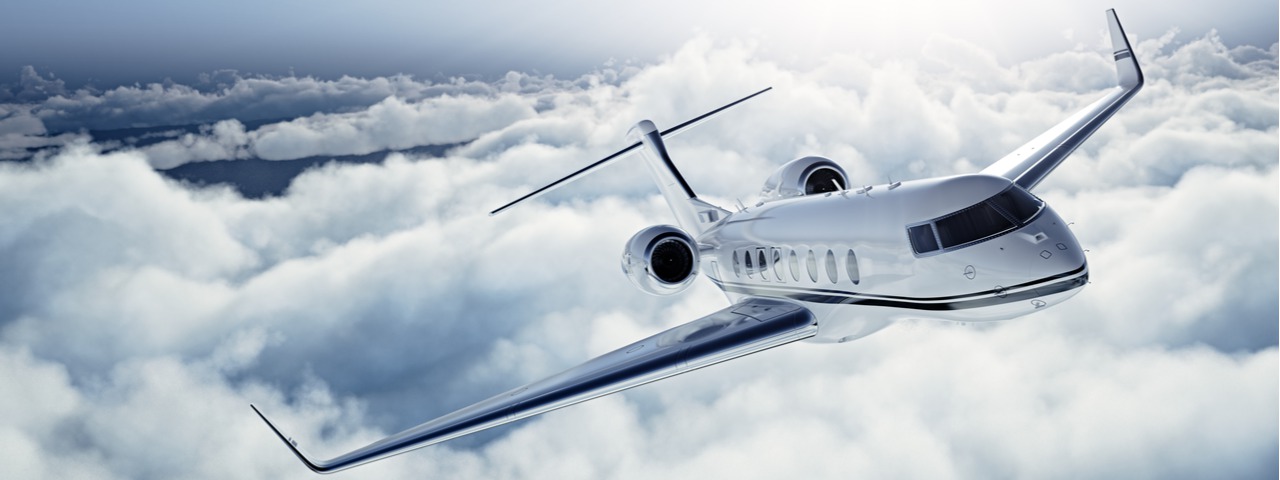Private Jets To Cuba? Not So Easy Anymore; But, Possible.
/Private Jet Travel To Cuba Was Plunging Before The New Restrictions
Doug Gollan
Contributor
Forbes Magazine
June 2019
Boats & Planes I write about private aviation and the business of luxury travel
It doesn’t look like new travel restrictions to Cuba will have much impact on private jet travel, mainly because the market seems to have been in a free fall that started shortly after the initial hype that surrounded the easing of access to the island.
Data from Wing-X, an aviation research firm shows that after a 26% drop in flights from 2017 to 2018, so far this year flights by private aircraft registered in the U.S. had fallen another 18% in the first four months. This past April there were just 20 flights to Cuba with U.S. registered private jets.
In January 2017 there were 50 flights, and during the first four months, 187 movements compared to 115 so far in 2019, a drop off of nearly 40% during the past two years.
It’s a big turnaround for several years ago when like cruise lines and commercial airlines, the private aviation sector was expecting a surge in demand. In fact, an archives search of Aviation International News shows a more than a half dozen stories about private aviation providers gearing up for demand, including big players such as Wheels Up, JetSuite, Priester Aviation, PlaneSense and Jet Aviation.
A change in 2015 enabled Part 91 private aircraft (used exclusively for the owner’s needs and without the ability to charge passengers) to remain in Cuba for up to seven days. A similar provision for Part 135 charter aircraft in 2016 along with the people-to-people exception for travel spurred the interest. Previously crews and aircraft could only stay one night meaning for longer stays you would have to pay ferry fees to fly the empty aircraft out after dropping you off and then fly empty back to pick you up.
At the time, AIN reported the new rule “removes certain financing restrictions for many authorized exports, eases limits on certain authorized transactions and further relaxes restrictions on exports and reexports of items necessary for safety of civil aviation, among other changes.”
The largest operators of flights to Cuba so far this year were Aero Jet Aviation with 16 flights, NetJets with 10, Skyservice Business Aviation, a Canadian operator, with eight flights, and Flexjet with just seven flights. In fact, Medway Air Ambulance, with just six flights, ranked sixth in movements.
Whether any of the travel that was taking place on U.S. registered private jets shifts to aircraft registered in other countries remains to be seen, however, year-to-date, Wing-X data shows American aircraft represented 56% of flights to the island.
Canada was a distant second with just 14 flights by its private jets visiting Cuba this year, Spain was third with two flights and no other country had more than a single flight by private aircraft on their registry, although there were 69 flights from countries that were not disclosed.
A spokesperson for the National Business Aviation Association said the trade group had yet to issue an advisory to its members, and for the most part, private aviation providers were hesitant to discuss the new rules.
“It’s not the type of story we really want to be quoted in,” one executive of a major operator told me. He said that after an initial burst of interest, there had been a steep decline, and he said he wasn’t sure the last time his company had operated a flight to Cuba.
Another charter operator said, “We are still working through the Cuba details internally and we have not made any final decisions or public announcements.”
Who can still fly to Cuba by private jet?
There are exceptions, so private travel by U.S. registered private aircraft isn't completely shut down. For example, there is an exemption if travel arrangements and funds had been transferred prior to the June 4th announcement. That could mean that a private aviation customer who had already made and paid for ground arrangements prior to the ban could possibly get an exemption. Also, for customers of jet cards who prepay for their travel, would that count as an exemption? It's hard to tell.
Universal Weather and Aviation on its website reports, passengers on Part 135 operated aircraft must comply with OFAC’s travel restrictions and must fall into a dozen categories, including family visits, official government business, journalistic activities, professional research and professional meetings, educational activities, religious activities, public performances, such as athletic competitions, support of the Cuban people, humanitarian projects, and activities of research or educational institutes.
A Department of Commerce spokesperson would only say, “Although subject to a general policy of denial, (The department’s Bureau of Industry and Security) will carefully review any applications received involving use of an aircraft or vessel in support of humanitarian or faith-based activities.”
That said, it seems like interest to travel to Cuba by private jet had been dwindling since shortly after what was an initial surge.
Doug Gollan is Editor-in-Chief of DG Amazing Experiences, a weekly e-newsletter for private jet owners and Private Jet Card Comparisons, a buyer's guide comparing over 250 jet card programs.



